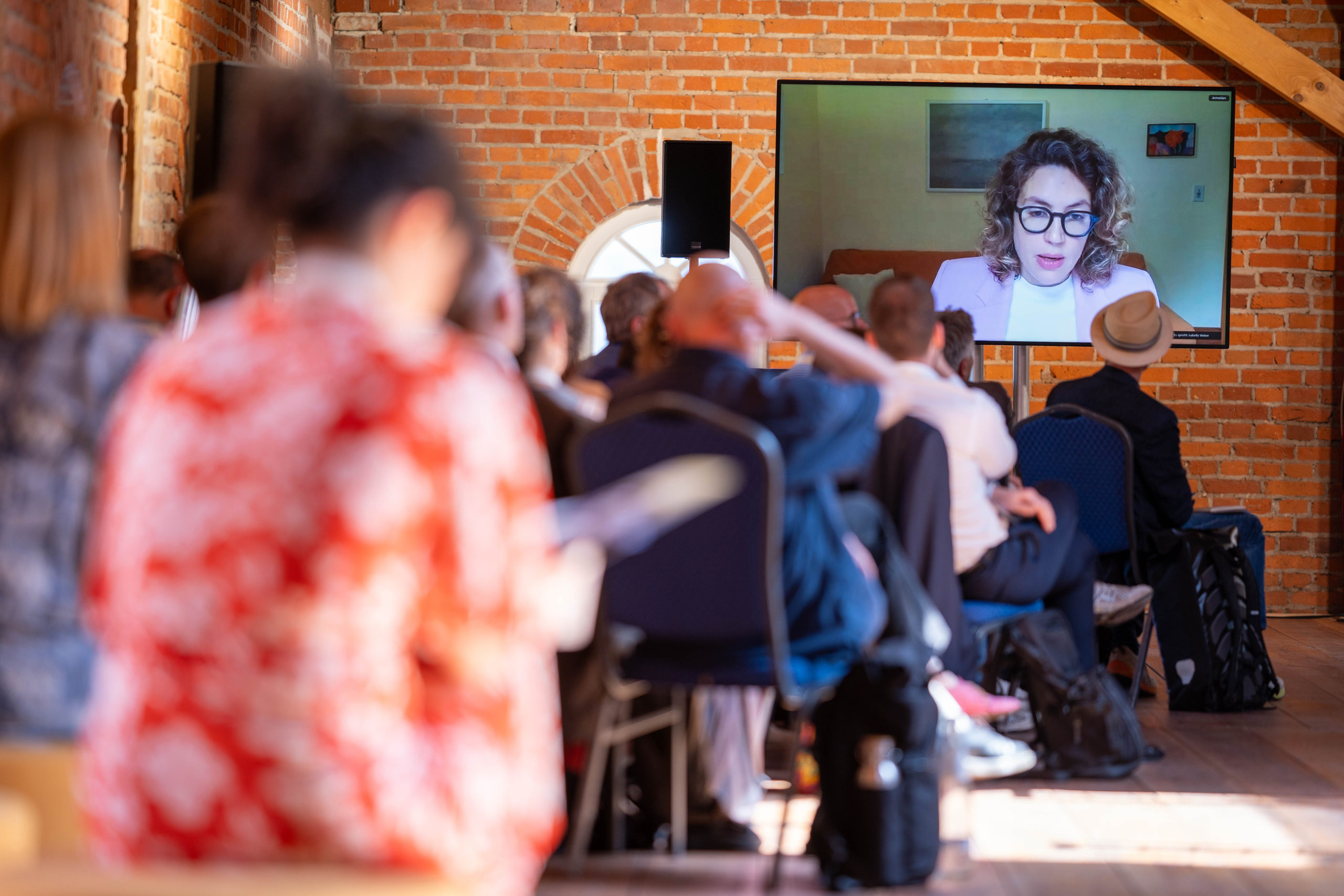NEW PARADIGM
The Berlin Summit 2025: Isabella Weber in conversation
At the Berlin Summit 2025, Isabella Weber calls for an anti-fascist economic policy—responding to rising inequality, democratic erosion, and far-right threats.
BY
GERRIT TER HORSTPUBLISHED
17. JUNE 2025
At the 2025 Berlin Summit, economist Isabella Weber delivered a compelling address on the urgent need for an explicitly anti-fascist economic policy. Originating from a tweet she posted on the night of Donald Trump’s re-election (“Can we finally have a serious conversation about anti-fascist economic policy?”), Weber has since developed the idea into a broader framework—not as a finished program, but as a call for action and debate.
She grounds her argument in two premises: first, that economic conditions such as austerity, insecurity, and inequality are key drivers of far-right extremism; and second, that fascist tendencies are real and rising. Drawing on Umberto Eco’s concept of “Ur-Fascism,” she identifies modern-day markers: cults of tradition, rejection of modernity, irrational action for its own sake, hostility to dissent, nationalism as a substitute for identity, perpetual chaos as a means of control, selective populism, and a flattening of language that prevents nuanced debate.
Weber argues that these tendencies are especially visible in the U.S. but are gaining traction across Europe as well—fueled by rising costs of living, housing crises, and limited access to education. The failure to respond adequately, she warns, opens space for the far right.
What would an anti-fascist economic policy look like? Weber looks back to the 1940s, when avoiding the return of fascism was central to post-war planning. Works like Hayek’s The Road to Serfdom and Polanyi’s The Great Transformation offered opposing visions. While recent decades have leaned toward Hayek’s free-market orthodoxy, Weber suggests it is time to revisit Polanyi’s framework.
She outlines four pillars: (1) confronting the incompatibility between democracy and the concentrated economic power of oligarchs and monopolies; (2) reclaiming essential sectors—nature, labor, care, and housing—from market logic; (3) embracing functional finance and job guarantees, along with greater fiscal space beyond current monetary constraints; and (4) designing new global economic arrangements that move beyond the binary of free trade vs. protectionism.
Weber stresses that industrial policy alone, while necessary for the green transition, is insufficient. It is often too abstract and disconnected from people’s immediate concerns. Instead, economic policy must directly address everyday issues like affordability, housing, and quality of life. Climate policy, too, must deliver tangible benefits to ordinary people and not simply demand sacrifice.
She concludes with a call for courage and imagination: Even if the odds of success are slim, the depth of the current crisis demands bold action. Citing Erich Fromm, she argues that in moments of existential threat, we must act like doctors: even if only a small chance remains, we are obliged to do everything we can to avert catastrophe.
